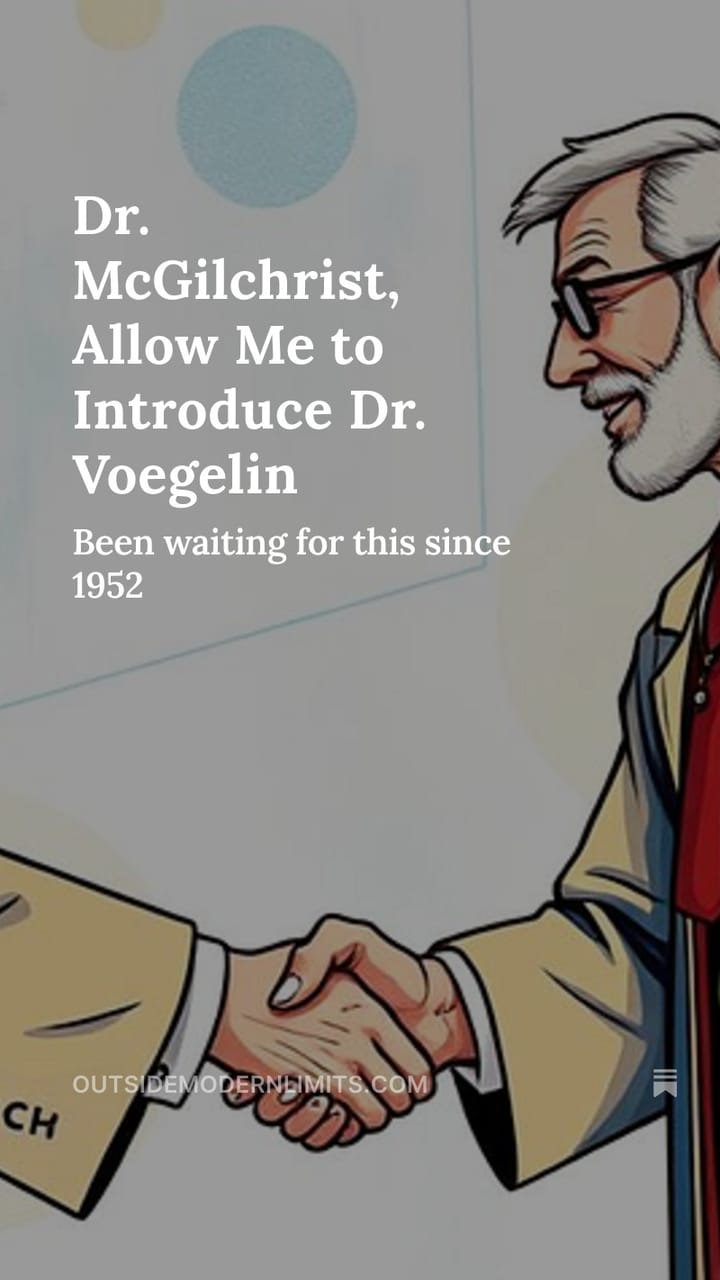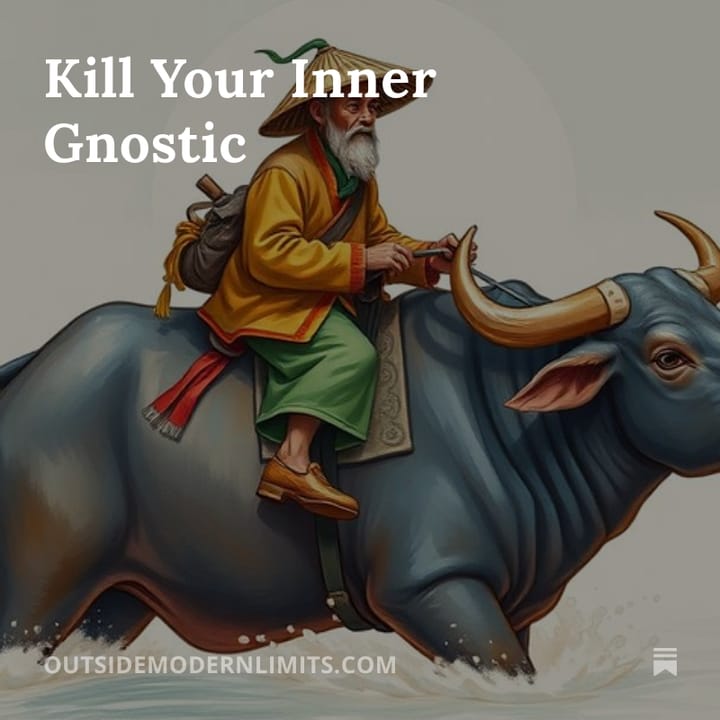Introducing Eric Voegelin
Voegelin was not charismatic. He was a “gentleman thinker.” He didn’t like small talk and valued his time. His personality didn’t attract a cult-like following. He didn’t establish a school or movement. But he’s important.

Voegelin was not charismatic. He was a “gentleman thinker.” He didn’t like small talk and valued his time. His personality didn’t attract a cult-like following. He didn’t establish a school or movement. But he’s important.



